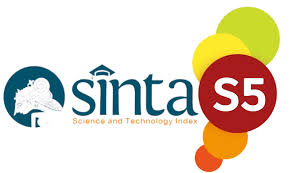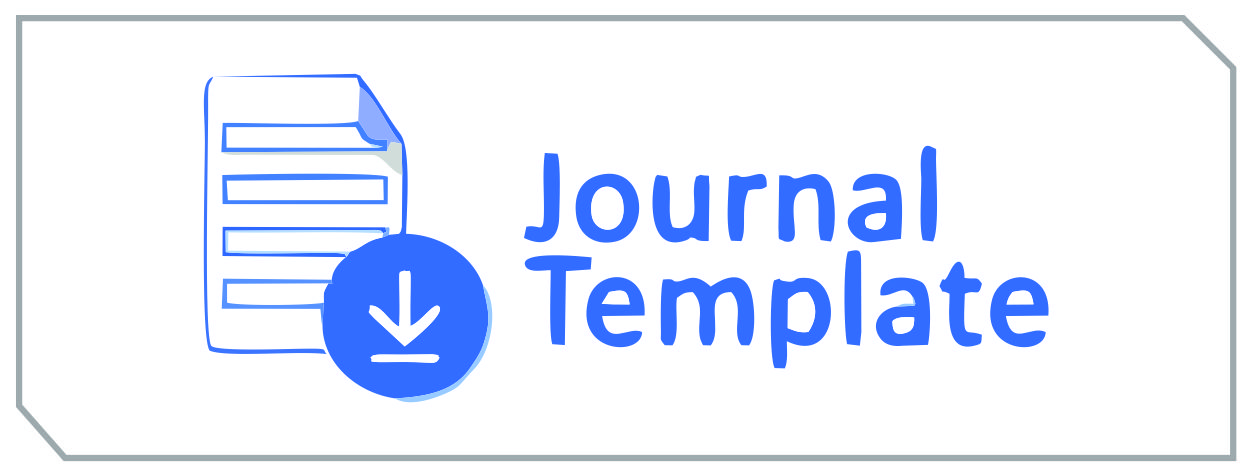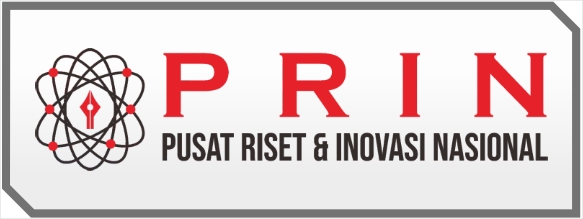Hubungan Konsumsi Pangan dan Aktivitas Fisik dengan Status Gizi Remaja di SMA Inklusif Galuh Handayani Surabaya
DOI:
https://doi.org/10.55606/jufdikes.v5i2.425Keywords:
Remaja, Konsumsi Pangan, Status Gizi, Aktivitas FisikAbstract
Health problems that generally occur in adolescents are excess and underweight, where the nutritional status figures do not reach normal according to standards. As for these problems, the causative factors are identified, such as food consumption and physical activity factors. From the available data, there is still little research devoted to adolescents who have special conditions (disabilities). This study aims to determine the relationship between food consumption and physical activity with the nutritional status of adolescents, so that it can be ascertained that the most important factors for normal nutritional status are achieved. This research is a type of correlational quantitative research and was carried out at the Galuh Handayani Inclusive High School, Surabaya. The research subjects were adolescents with various disabilities, totaling 17 students. The independent variables in the study were food consumption and physical activity, while the dependent variable was nutritional status. The instruments used include 2 x 24 Food Recall and Physical Activity Questionnaire for Adolescents. To determine the relationship between variables, then analyzed using Spearman's rank correlation. The results of the analysis showed that there was a significant relationship between food consumption (P = 0.025) and nutritional status and the correlation coefficient value was 0.540 which resulted in a strong correlation, but there was no significant relationship between Physical Activity (P = 0.133) and the nutritional status of adolescents at Galuh Handayani Inclusive High School Surabaya with a correlation coefficient value of 0.380 which means that the correlation is sufficient.There is a significant relationship between food consumption and nutritional status, but there is no significant relationship between physical activity and the nutritional status of adolescents at Galuh Handayani Inclusive High School, Surabaya
References
Awwal, Jumadil. 2017. Berdasarkan data dari Badan Pusat Statistik (BPS), jumlah anak berkebutuhan khusus (ABK) di Indonesia, Jakarta : MINA.
Budi Rahayu, Tri., Fitriana. 2020. “Analisis Faktor-Faktor yang Mempengaruhi Status Gizi Remaja Putri”. Jurnal Vokasi Kesehatan. Vol 6(1) : 46-51
Cahyaning, Rizky., Supriyadi., Kurniawan, Agung. 2019. “Hubungan Pola Konsumsi, Aktivitas Fisik dan Jumlah Uang Saku dengan Status Gizi pada Siswa SMP Negeri di Kota Malang Tahun 2019”. Sport Science and Health. Vol. 1(1): 22-27
Doloksaribu, Lusyana Gloria. 2019. “Gambaran Pola Makan dan Status Gizi Remaja di SMP Advent Lubuk Pakam”. Wahana Inovasi. Vol 8 No. 2 : 28-34
Ekatjahjana, Widodo. 2017. Peraturan Menteri Pemberdayaan Perempuan dan Perlindungan Anak Republik Indonesia Nomor 4 Tahun 2017 tentang Perlindungan Khusus Bagi Anak Penyandang Disabilitas. Jakarta : 2 Juni 2017
Fadillah, Annisa. 2020. “Hubungan Asupan Gizi dan Aktivitas Fisik dengan Status Gizi (Skor z IMT/U) Anak Usia 7-12 tahun Penyandang Disabilitas Intelektual di Kota Semarang”. Jurnal Media Kesehatan Masyarakat. Vol 19 (2)
Indriasari, Marina. 2018. “ Hubungan antara Knsumsi Pangan dan Tingkat Asupan Gizi dengan Status Gizi Anak Cerebral Palsy”. J Indn Med Assoc. Vol 68 No. 6
Khairiyah, R., & Diana, R. (2018). Perbandingan Metode Kuadrat Terkecil dan Metode Bayes Pada Model Regresi Linier dengan Galat yang Autokorelasi. Jurnal Matematika UNAND.
Mattson, Gerri., Kuo, Dennis. 2019. “Psychosocial Factors in Children and Youth With Special Health Care Needs and Their Families”. American Academy for Pediatrics. Vol 143
Mega Insani, Hurry. 2019. “Analisis Konsumsi Pangan Remaja dalam Sudut Pandang Sosiologi”. Sosietas Jurnal Pendidikan Sosiologi. Vol 9(1) : 566-577
Menteri Kesehatan Republik Indonesia. 2020. Peraturan Menteri Kesehatan Republik Indonesia Nomor 2 Tahun 2020 Tentang Standar Antropometri Anak
Nugroho, Kristiawan P.A., Dary., Sijaba, Risma. 2017. “Gaya Hidup Yang Memengaruhi Kesehatan Anak Berkebutuhan Khusus di SLB Negeri Salatiga”. Jurnal Keperawatan Muhammadiyah. Vol 2(2) Hal : 102-117
Pratiwi, Imas Cahyaning., Handayani, Oktia Woro Kasmini., Raharjo, Bambang Budi. 2017. “Kemampuan Kognitif Anak Retardasi Mental Berdasarkan Status Gizi”. Public Health Perspective Journal. Vol 2 (1) Hal: 19 – 25
Purwanto, Agus., Pramono, Rudy., Asbari, Masduki. 2020. Studi Eksploratif Dampak Pandemi COVID-19 Terhadap Proses Pembelajaran Online di SMA Dasar. Journal of Education, Psychology, and Counseling
S. Mokoginta. 2016. “Gambaran pola asupan makanan pada remaja di Kabupaten Bolaang Mongondow Utara”. Jurnal e-Biomedik (eBm). Vol 04 No. 02
Siew Man, Cheong., Ambak, Rashidah., Azahadi Omar, Mohd. 2015. “Nutritional Status of Children with Autism Spectrum Disorders, Cerebral Palsyand Down Syndrome: A scoping Review”. The Open Access Journal of Science and Technology. Vol 3
Widawati. 2017. “Gambaran Kebiasaan Makan dan Status Gizi Remaja di SMAN 1 Kampar Tahun 2017”. Jurnal Gizi (Nutritions Journal). Vol 2 No. 2 : 146-159
Wyszynska, Justyna., Matlosz, Piotr., Herbert, Jaroslaw. 2019. Adaptation and validation of the Physical Activity Questionnaire for Adolescent (PAQ-A) among Polish adolescents:cross-sectional study. BMJ Open
















